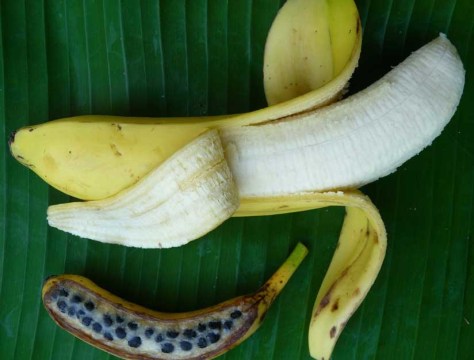“If we don’t have […] the sort of subscribers that are willing to pay for what we’re doing, we have no future” – John R. MacArthur
According to John R. MacArthur, president of Harper’s Magazine, free content is ruining journalism. In a recent episode of The VICE Podcast, MacArthur attributes the abundant free news from the internet with the “[dumbing] down” of magazines and newspapers. The surplus of information has caused the price consumers are willing to pay for content to drop, leaving writers struggling as publishers ask even prestigious journalists to work for free. Popular online news sources such as The Huffington Post have become little more than compilations of information from external sources. MacArthur argues that for the quality of publications to revive, free content must cease– only when publishers are supported financially by their subscribers will writers be able to be compensated properly; giving them more incentive and allowing journalism to once again to be a viable career.
While economically this makes sense, it contrasts with the internet’s composition– information shared and accessed from different sources. Harper’s has managed to stay afloat even though they’ve been largely absent online– only time will tell how far their success will go, when information is more readily accessible than ever.
Watch/listen to the full podcast here.
Sources:
http://www.vice.com/read/the-vice-podcast-is-free-content-ruining-journalism
http://mashable.com/2013/07/08/harpers-magazine-digital-revolution/


